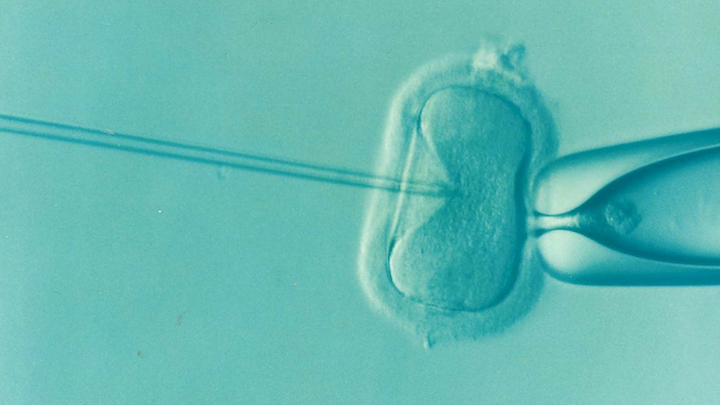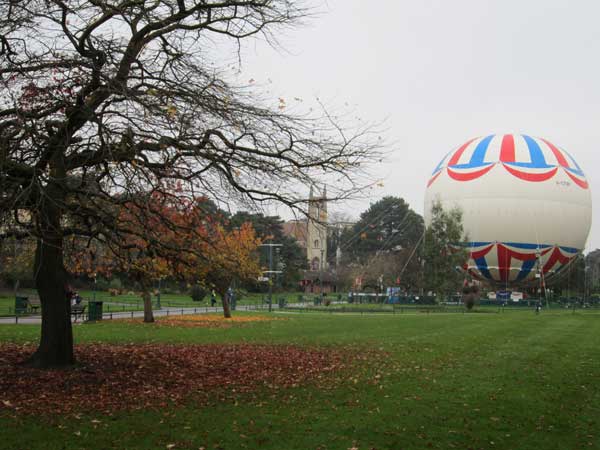According to the latest Human Fertilisation and Embryology Authority (HFEA) report, the number of women choose IVF treatments has increased significantly in the last 10 years.
From 2006 to 2016, the number of IVF users increased by 2000, according to HFEA. The growth may be related to a growing demand from single women and same-sex couples who wish to form a family.
The National Institute for Health and Care Excellence (NICE) recommends local NHS to fund three cycles of IVF, but Dorset can only offer one.
Though treatment has evolved rapidly, the success rate is quite low, ranging from 20-35%, but NICE claims that the cumulative effect of three cycles increases the chance to 45-53%.
A NICE representative said: “Our numbers are only to guide local NHS. The spending will depend on the resources available to them.”
But with such a low possibility of success and the number of users increasing, the lack of Dorset’s funding may cause problems.
Ellie Thompson, one of the founders of My Baba, the blog where her and her partner documented their IVF journey, tells us how they had to remortgage their home to afford the treatment privately because their local hospital in Surrey couldn’t help them.
“We are of course aware of the challenges the NHS is facing across every department, but the IVF postcode lottery can feel very unfair. It’s heartbreaking for couples battling infertility.”
She reacts to Dorset’s scarce funding too:
“We know the NHS can only do so much, but it’s not right that certain parts of the country are entitled to more than others.”
Other requirements to be eligible for IVF in Dorset include:
Under 40s:
- Unsuccesful after 2 years of unprotected intercourse or 12 cycles of artificial insemination.
Women aged 40–42 years:
- Unsuccessful after 2 years of unprotected intercourse or 12 cycles of artificial insemination,
- never had IVF treatment before,
- no evidence of low ovarian reserve and
- discussing complications of IVF and pregnancy at this age.
Ellie has also set up a support group on Facebook so couples and women around the UK have a place to open up and advise each other.
“Infertility can affect every inch of a person’s life and I think mental health surrounding infertility is an area that needs to be considered too. We’re no experts, but we’ve lived through some of that hell.”







